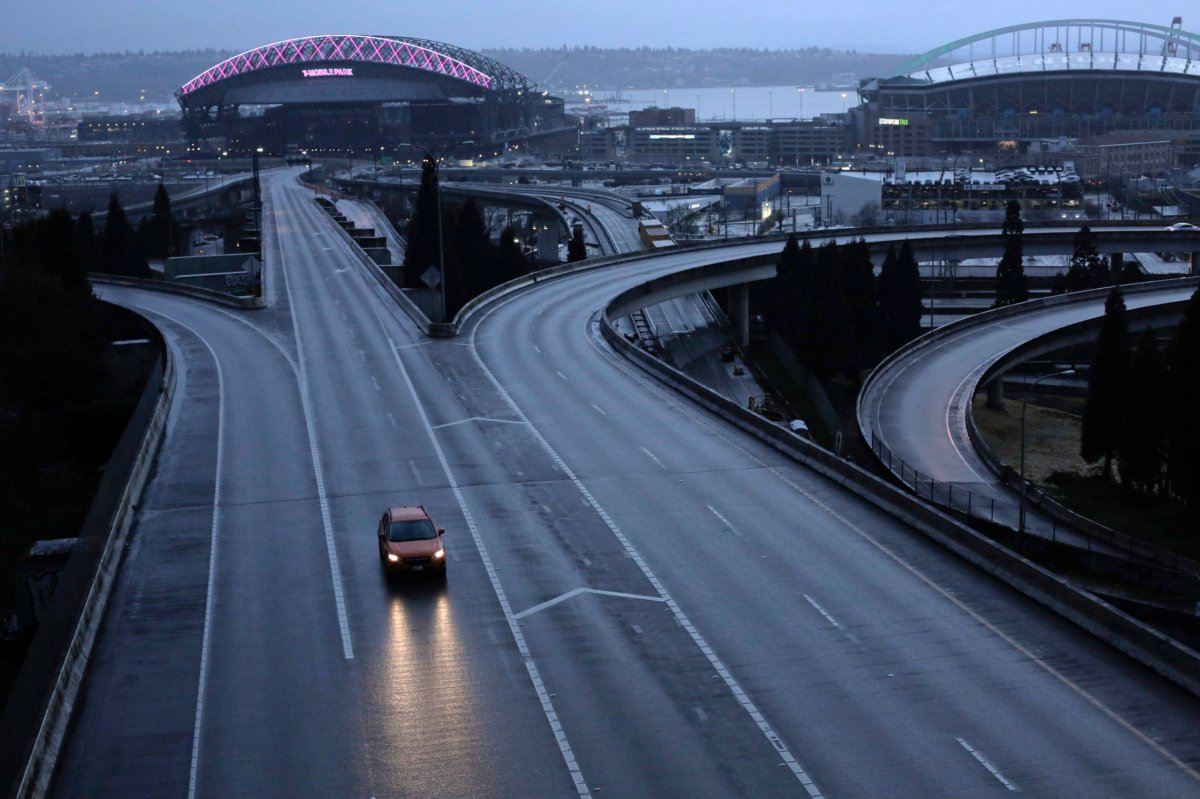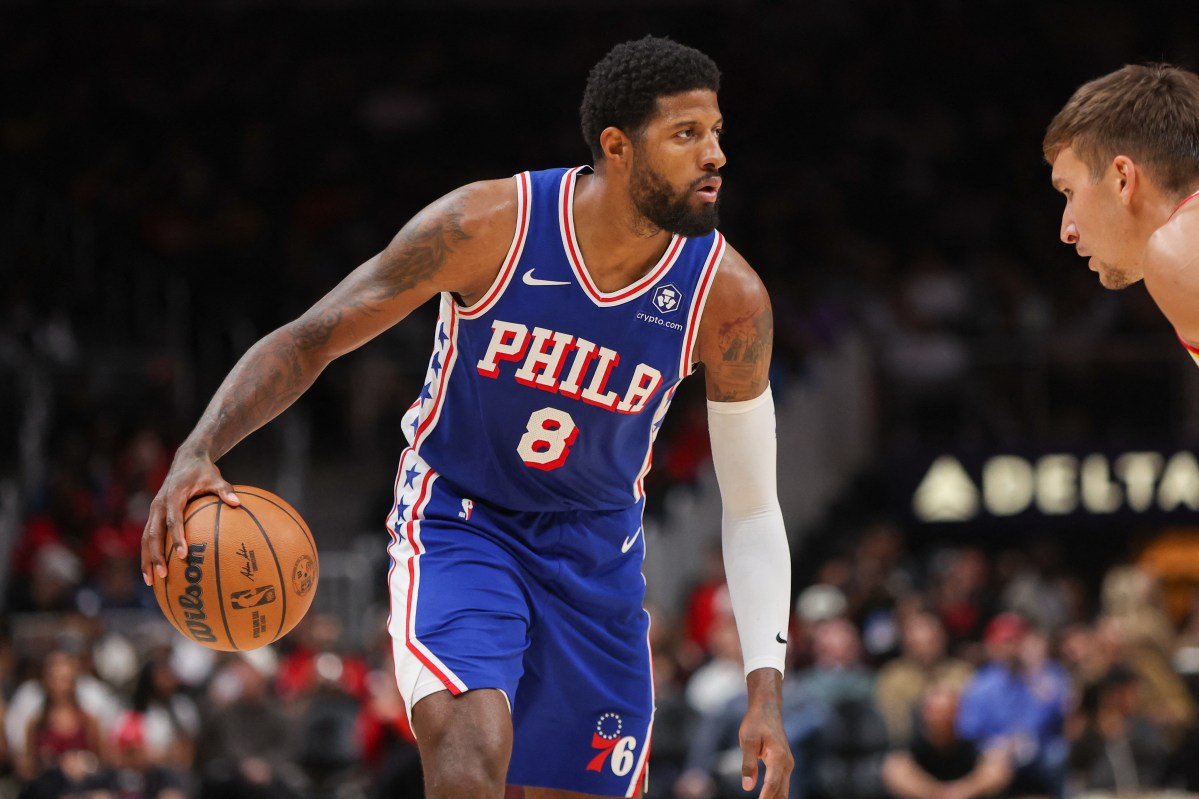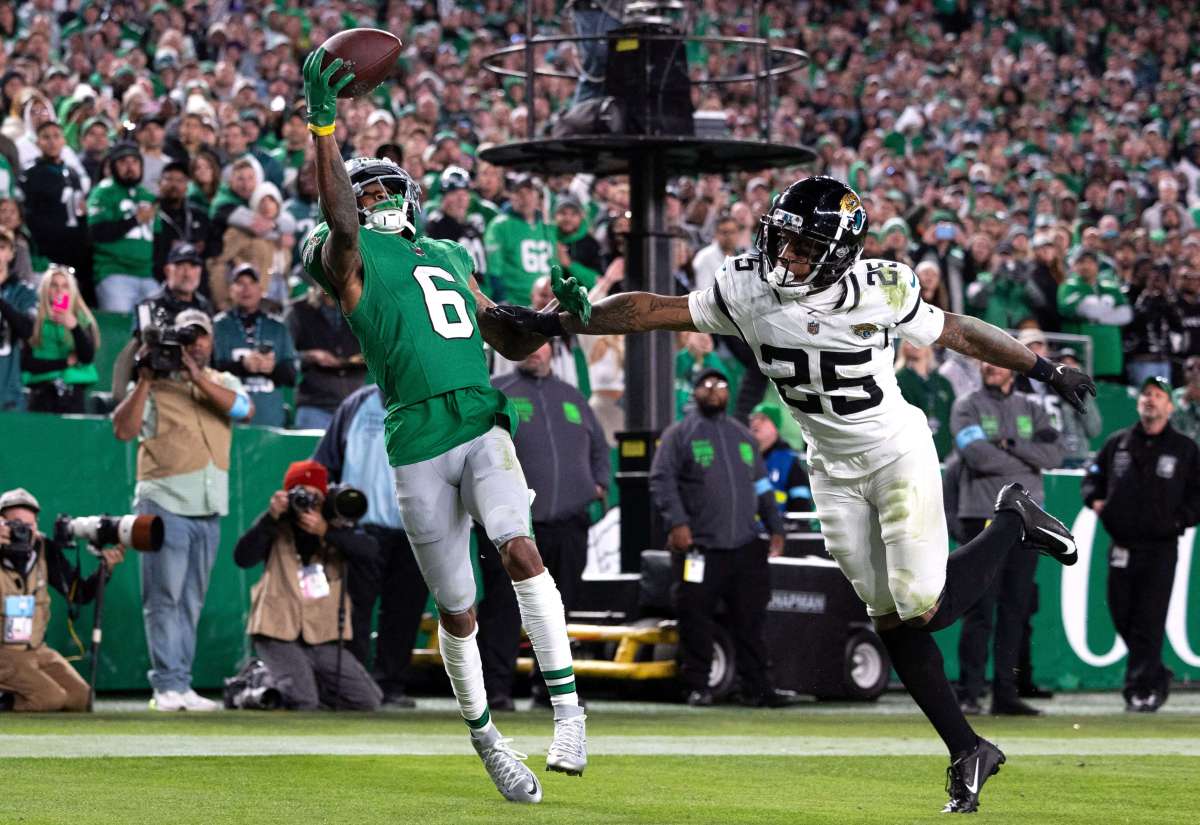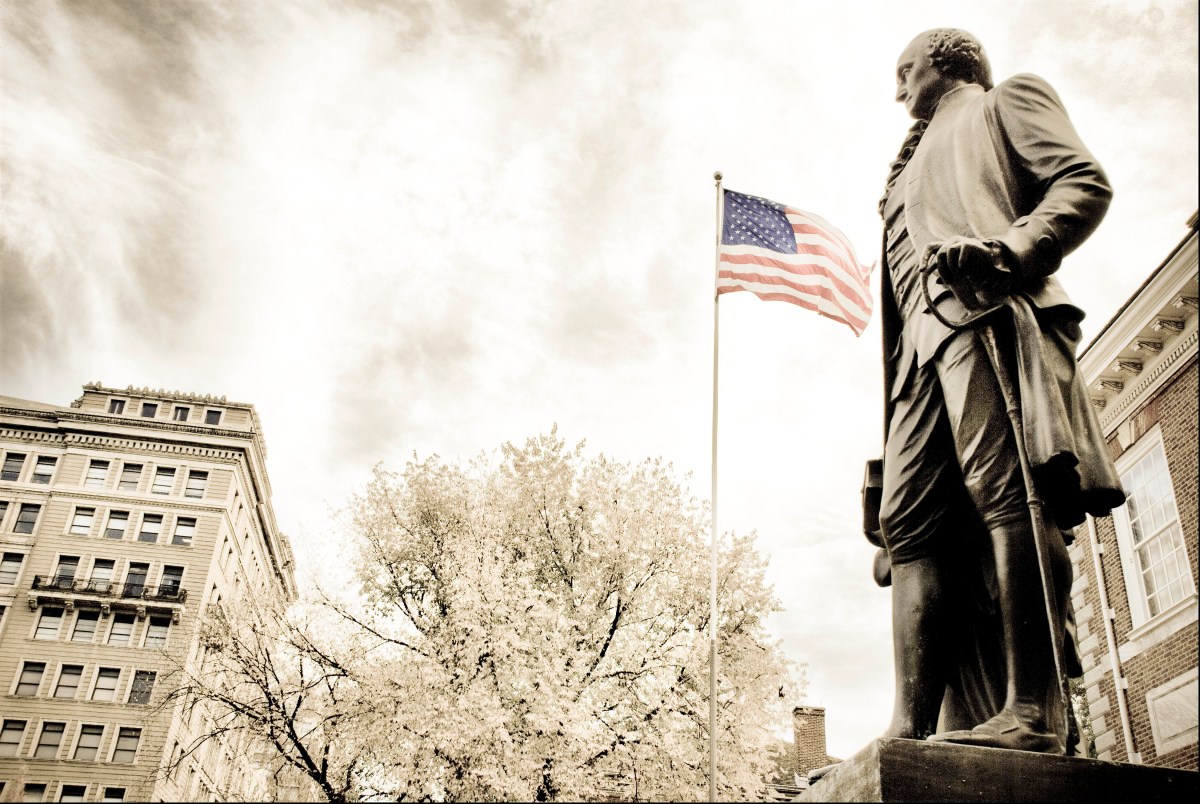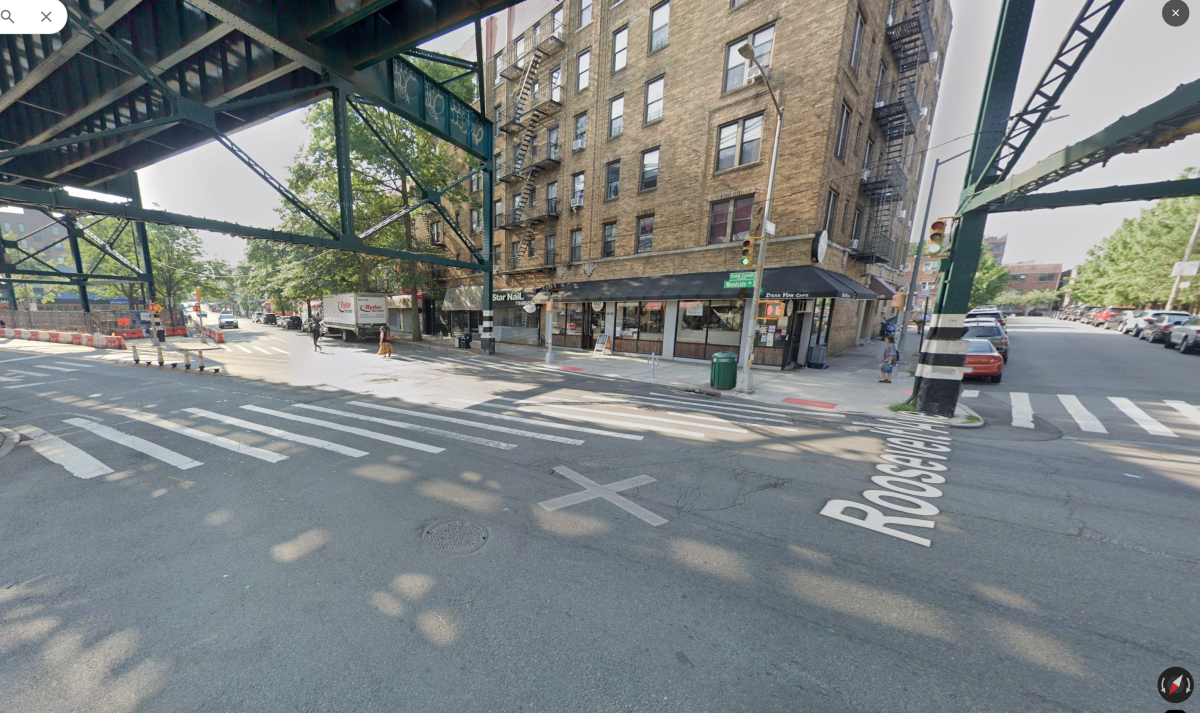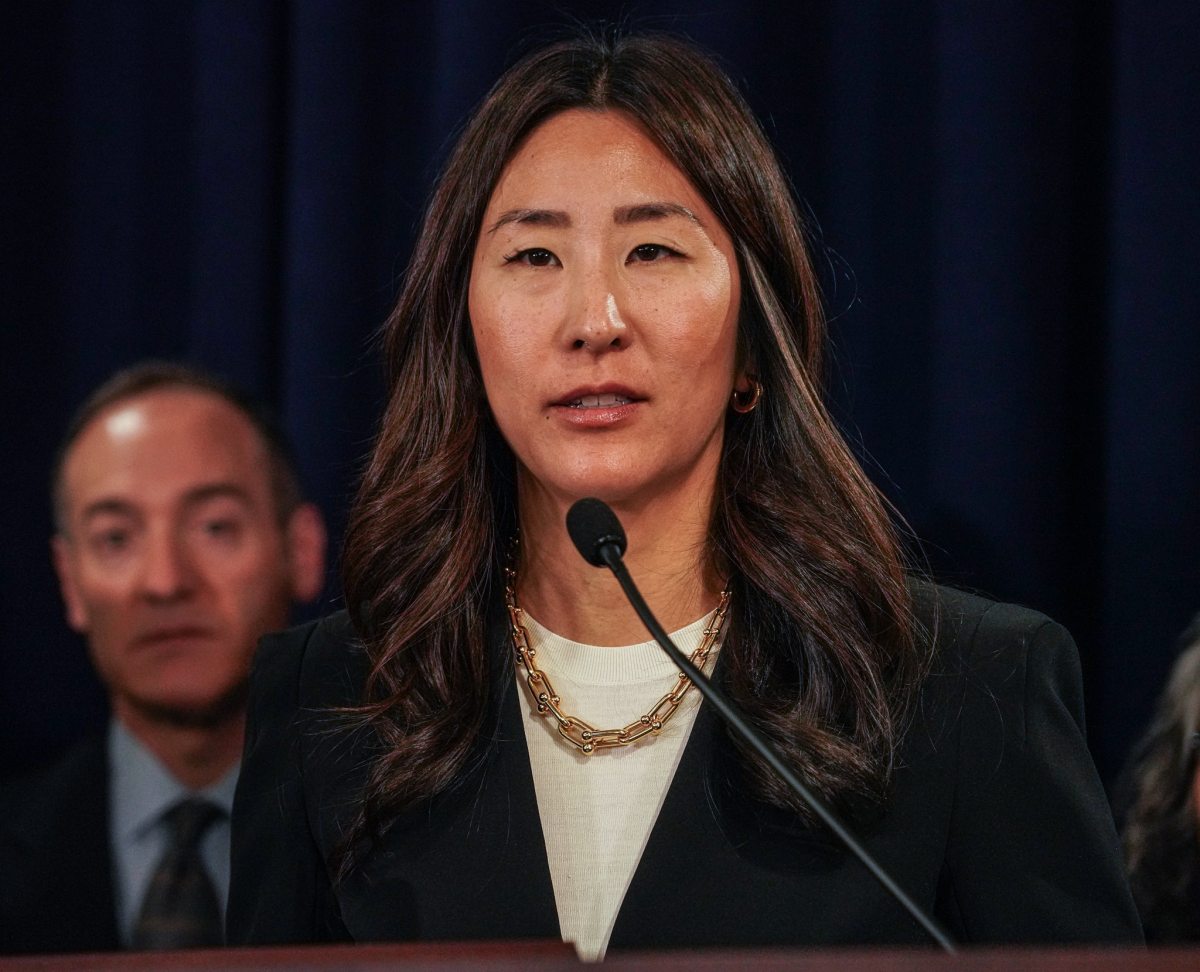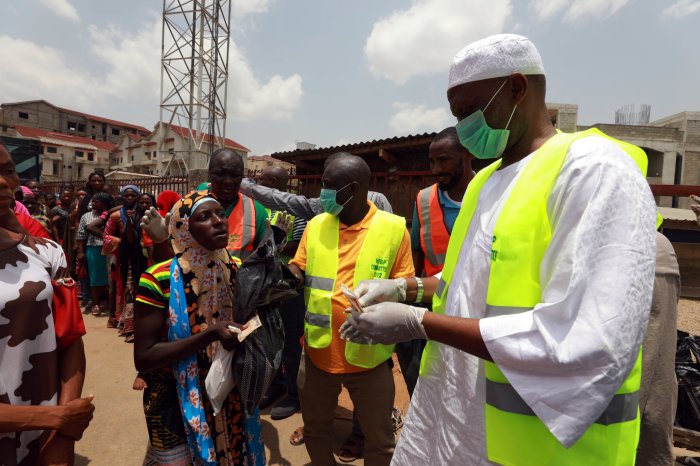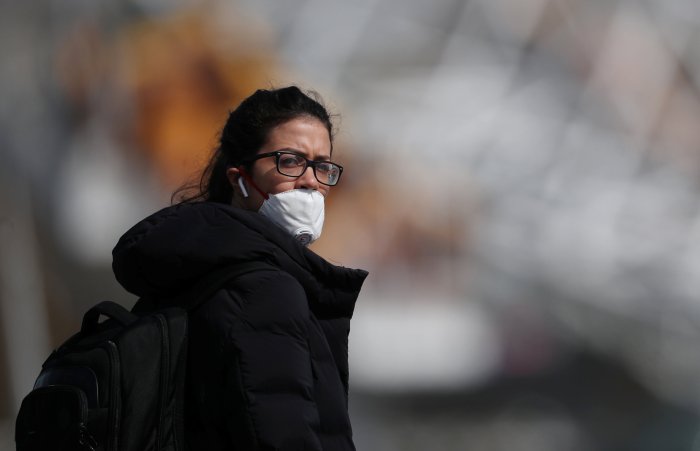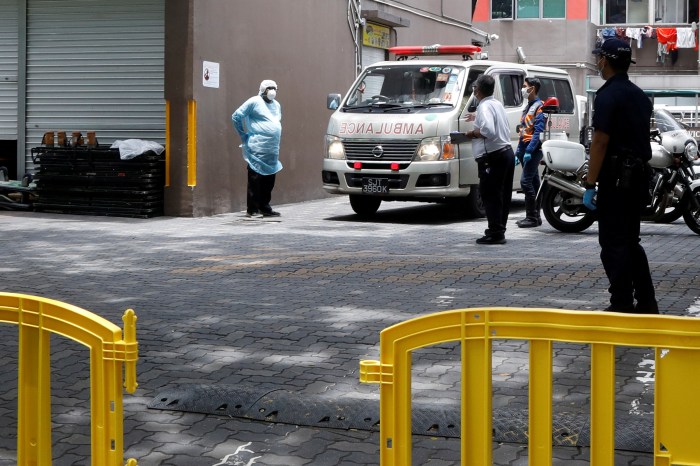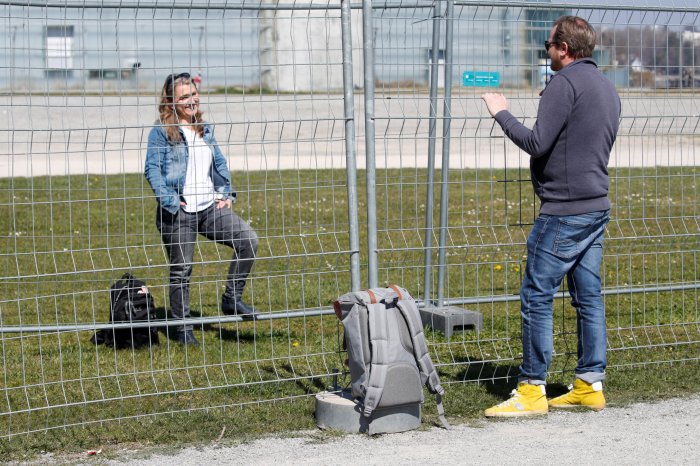(Reuters) – Allstate Corp <ALL.N>, one of the largest U.S. auto insurers, said on Monday it would return more than $600 million in premiums to customers as many Americans drive less due to stay-at-home orders aimed at curbing the coronavirus outbreak.
Most customers will receive a “payback” of 15% of their monthly premium in April and May, the company said.
State Farm and Progressive Insurance Corp <PGR.N>, also among the largest U.S. auto insurers, are also looking into the driving decline and its potential impact on premiums.
State Farm is “considering how best to take this into account and return value to our auto insurance policyholders” while Progressive is “exploring how to best return some premium to customers,” representatives for the companies said.
Both companies expect to make decisions soon, they said.
“There are very few silver linings out there, but auto insurance companies are definitely one of them,” said Piper Sandler analyst Paul Newsome, referring to the coronavirus outbreak’s impact on industries.
Fewer accidents generally lead to a lower claim frequency, and Newsome expects insurance companies with large auto portfolios, such as Progressive, Travelers Companies Inc <TRV.N> and Allstate, to post good first-quarter results.
A smaller U.S. auto insurer, American Family Insurance, also said on Monday it would return a total of $200 million to auto insurance customers beginning in mid-April. Customers will receive $50 per vehicle covered by their policies, the Madison, Wisconsin-based company said.
Allstate’s payback, which will apply to 18 million policies issued by the company and its Esurance and Encompass units, follows a data analysis by the insurer of 23 million cars that showed driving mileage was down between 35% and 50% in most states, Allstate Chief Executive Officer Tom Wilson said during a call with reporters on Monday.
The analysis is based partly on data that Allstate collects from tracking products that some customers agree to use in exchange for discounts, as well as other sources.
Allstate’s data showed no difference between states that had stay-at-home orders in effect and those that did not, Wilson said.
Still, some people who remain on the roads are driving faster on what are now less-densely traveled roads, which could lead to more serious accidents, Wilson said.
Next Insurance, a commercial insurer in Palo Alto, California that covers small businesses, also said on Monday that it would discount April commercial auto premiums by 25% because stay-at-home orders have reduced the insurer’s risks.
(Reporting by Suzanne Barlyn; Additional reporting by Tina Bellon; Editing by Steve Orlofsky, Marguerita Choy and Sonya Hepinstall)

